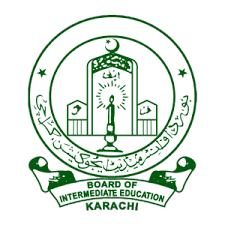Grace Marks Approved for Karachi Inter Exams

The Sindh Assembly’s parliamentary committee has decided to grant grace marks to first-year intermediate students in Karachi who did not pass their annual exams, reported on Tuesday. This decision was taken after a fact-finding committee, led by Dr. Sarosh Lodi, identified multiple flaws in the examination and administrative procedures of the Board of Intermediate Education Karachi BIEK. The students can check the fresh updates that Karachi Inter Students to Receive Grace Marks Following Exam Review.
Investigation Highlights Errors in Exam Process
During a discussion on the matter, Sindh Education Minister Syed Sardar Ali Shah disclosed that the investigation report on BIEK’s first-year results pointed to major shortcomings in the board’s operational structure. The report revealed procedural issues that may have led to an unjust assessment of students’ performance, raising concerns about the accuracy of the grading system.
Decision to Award Additional Marks
As a corrective measure, Sardar Ali Shah announced that students who failed would receive grace marks to compensate for the inconsistencies in the evaluation process. He emphasized that many students had performed well in their matriculation exams but saw an unexpected decline in their first-year scores, suggesting potential miscalculations or errors in grading.
Allocation of Grace Marks in Key Subjects
Under this decision, students will be awarded 15% grace marks in Physics and Mathematics, while Chemistry students will receive an additional 20%. This move is aimed at ensuring fairness and addressing the challenges students faced due to the flawed assessment process.
Reforms to Prevent Future Discrepancies
The education minister also assured that steps would be taken to reform BIEK’s examination system. He stated that the board’s evaluation methods and administrative structure would be reviewed to prevent similar issues in the future. Additionally, officials responsible for errors in the examination process will be held accountable to maintain transparency and fairness in the academic system.















